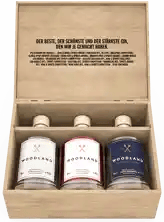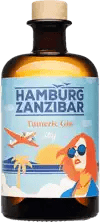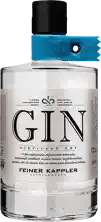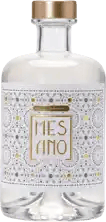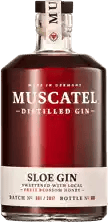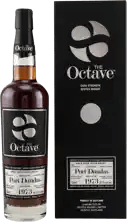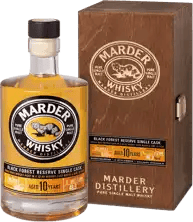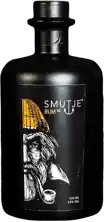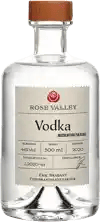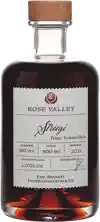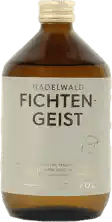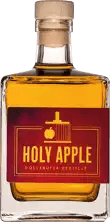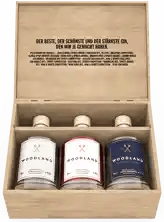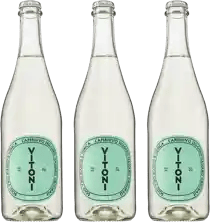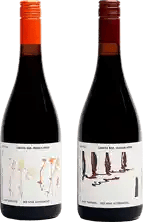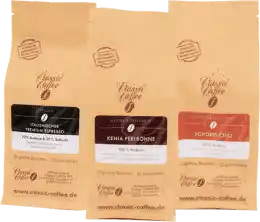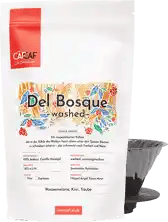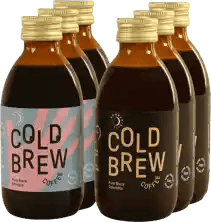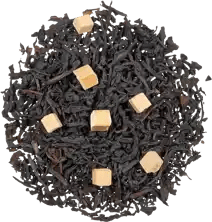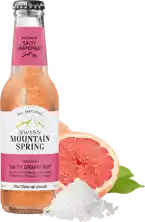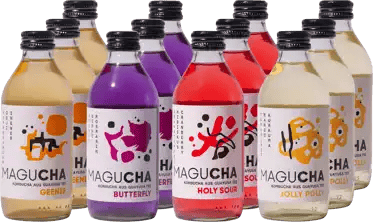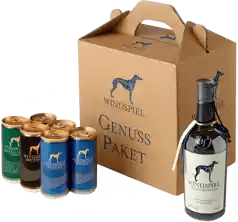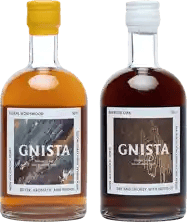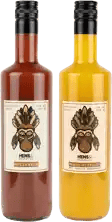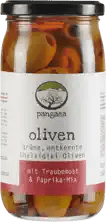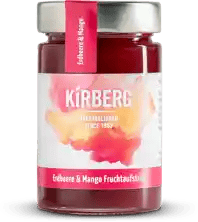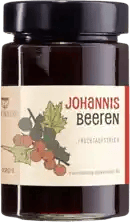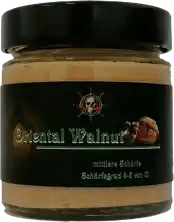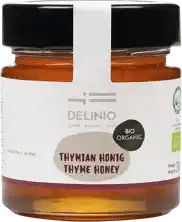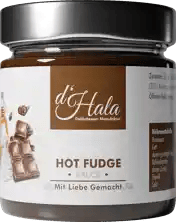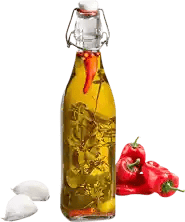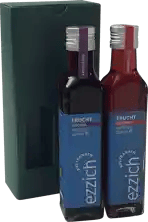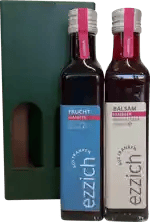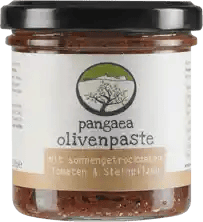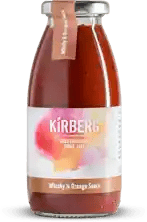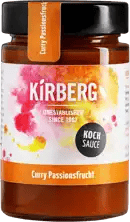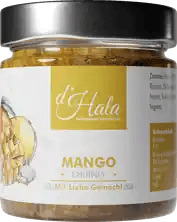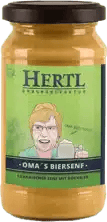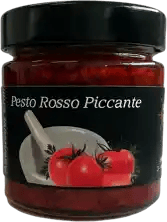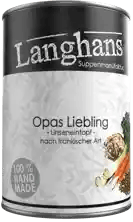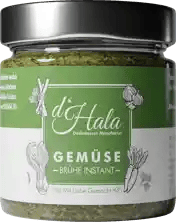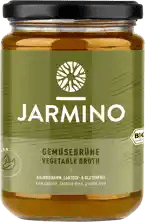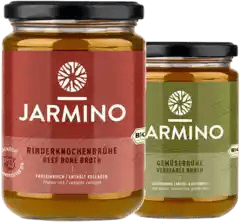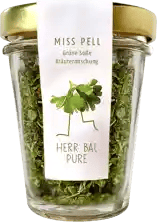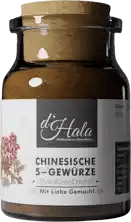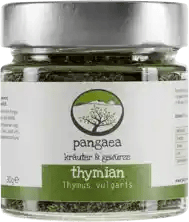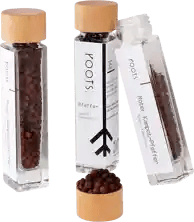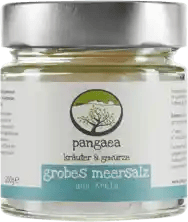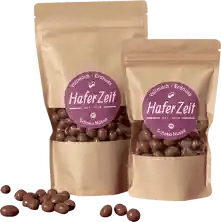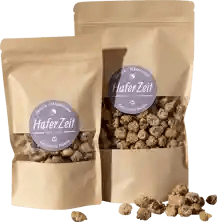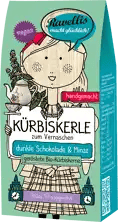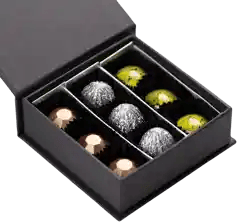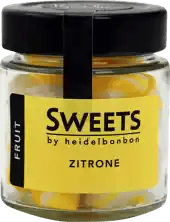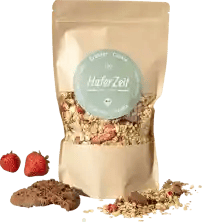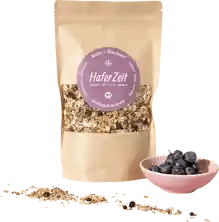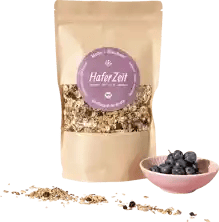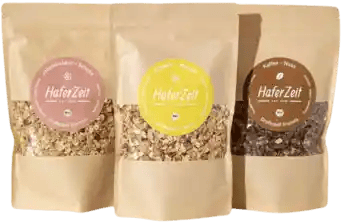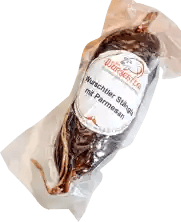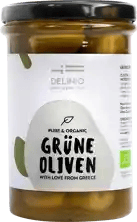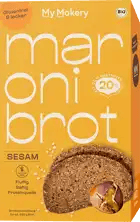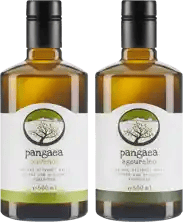Quality instead of quantity!
7,000 independent products
No mainstream
7,000 independent products
Buy Korn (Brand) online at Honest & Rare
Discover the world of Korn, Germany's traditional grain brandy, at Honest & Rare, your online marketplace for fine spirits. Here you will find a carefully selected collection of Korn, ranging from classic recipes to modern interpretations. Each drop tells the story of its origin, characterized by the craftsmanship and passion of the distillers.
Korn definition, origin and history
Korn is a clear grain spirit that is deeply rooted in German drinking culture. This traditional spirit is mainly distilled from wheat, rye, barley or oats and must have a minimum alcohol content of 32%. The history of grain brandy dates back to the Middle Ages, when the art of distillation came to Europe and farmers began converting surplus grain into alcohol. Over the centuries, Korn developed into an integral part of the German way of life, with each region cultivating its own special features and brewing methods.
Korn production process
The grain production process begins with the selection and preparation of the grain. After milling, the grain is mixed with water and heated to convert the starch into sugar, a process known as mashing. The resulting sweet liquid, the wort, is then fermented by adding yeast, which converts the sugar into alcohol and carbon dioxide. After fermentation, the liquid is distilled to increase the alcohol concentration and remove impurities. The end product is a clear, pure spirit that is either bottled directly or stored for further maturation.
The history of grain brandy
Korn has its roots in the 15th century, when distillation technology was increasingly refined in Germany. Originally developed as a by-product of agriculture, grain quickly gained popularity and became a valued commodity. Over time, legal regulations were established to ensure the quality and purity of grain brandy. Today, Korn is not only a sign of German tradition, but also an expression of regional identity and craftsmanship, with many family businesses and small distilleries preserving their own unique recipes and production processes.
Korn as part of German drinking culture
Korn holds a special place in German drinking culture and is a symbol of the country's rich tradition and history. This clear grain spirit is more than just a drink; it is a piece of cultural heritage that connects generations and strengthens regional identities.
In many regions of Germany, especially in Lower Saxony and North Rhine-Westphalia, grain is deeply rooted in local customs. It is enjoyed on various occasions, from family celebrations to public festivals, and is often offered as a sign of hospitality. Korn serves not only as a convivial drink among friends and family, but also as an accompaniment to traditional German dishes, enhanced by its ability to expand and complement the palette of flavors.
What is the difference between Korn and vodka?
Korn and vodka are both clear spirits that may seem similar at first glance, but differ in several key ways. These differences lie in the raw materials and production processes as well as in their historical and cultural significance.
Different types of grain
Korn is a versatile spirit that is available in different types and variations. This diversity reflects the rich tradition and regional differences in the production of this classic German spirit. Here we look at some of the most common types of Korn as well as their differences and regional specialties.
Korn and Doppelkorn - the differences
Korn: Korn must have a minimum alcohol content of 32% vol. and is made from grains such as wheat, rye, barley or oats. It is characterized by a rather mild aroma that reflects the characteristic properties of the grain used.
Doppelkorn: Doppelkorn is a special category of grain that must have a higher minimum alcohol content of 38% by volume. Doppelkorn is often made from high-quality grain and undergoes a careful distillation and maturation process to achieve a particularly fine and rounded flavor profile.
Regional specialties and variations
North German Korn: Korn has a long tradition in northern Germany, particularly in Lower Saxony. Here, rye is often used as a base, which gives the grain a strong and slightly spicy aroma.
Westphalian grain: Westphalia is known for its high-quality grain, which is often made from wheat. Westphalian grain is characterized by a particularly mild and pure taste profile.
East German Korn: In some parts of East Germany, specialties can be found that are made from specific types of grain and reflect regional taste preferences.
How to enjoy Korn
Korn is a versatile spirit that can be enjoyed in both traditional and modern ways. Whether enjoyed neat, as part of a ritual or creatively mixed in cocktails, Korn offers a wide range of enjoyment options.
Classic and modern ways of drinking
Pure: Traditionally, Korn is often enjoyed pure at room temperature or slightly chilled. This method makes it possible to fully enjoy the fine grain notes and the purity of the distillate. In some regions of Germany, it is also common to drink Korn as a "Kurzen" between meals, especially on social occasions.
As an accompaniment to food: Similar to other high-proof spirits, Korn can be an excellent accompaniment to certain dishes. It is often served with hearty, traditional German dishes to cleanse the palate and complement the flavors of the food.
Warmed up: In the colder months, Korn is served slightly warmed in some regions. This method enhances the warming effect of the alcohol and can be particularly comforting.
Korn in cocktails and mixed drinks
Korn Sour: A variation on the classic whiskey sour, in which Korn forms the base. Together with lemon juice, sugar syrup and possibly an egg white, a refreshing and tasty cocktail is created.
Korn Tonic: A simple but refreshing mixture of Korn and tonic water, garnished with a slice of lemon or lime. A modern way to enjoy Korn that emphasizes its versatility.
Northern Mule: A northern German version of the Moscow Mule, using Korn instead of vodka. Mixed with ginger beer and a splash of lime juice, this cocktail offers a refreshing and zesty taste experience.
Korn Collins: A variation on the classic Tom Collins, combining Korn with lemon juice, sugar syrup and soda water. A light and sparkling drink that is particularly refreshing on warm days.
Questions and answers about Korn
What is Korn?
Korn is a German spirit produced by distilling grains such as wheat, rye, barley or oats. It must have a minimum alcohol content of 32%.
Which schnapps is Korn?
Korn is a clear schnapps characterized by its production from grain and a relatively neutral taste.
Is Korn like v odka?
Although grain and vodka are both clear spirits, they differ in their production processes and flavor profiles. Korn is made exclusively from grain, while vodka can be distilled from various raw materials such as potatoes or molasses and usually has a more neutral taste.
Which is better grain or vodka?
The preference between grain and vodka depends on personal taste. Korn often offers more subtle cereal notes, while vodka is prized for its purity and neutrality.
What is the difference between Korn and Doppelkorn?
Doppelkorn is a subtype of grain with a higher minimum alcohol content of 38%. It is often considered to be of higher quality and can have a fuller flavor.
What is the right way to drink Korn?
Korn can be enjoyed neat, slightly chilled or mixed in cocktails. The way it is enjoyed depends on personal preference and the quality of the grain.
When do you drink Korn?
Korn is traditionally drunk on social occasions or as a digestif after a meal. However, there are no fixed rules as to when Korn should be enjoyed.
Can you drink Korn straight?
Yes, high-quality Korn can certainly be enjoyed neat. This allows you to appreciate the subtle nuances and character of the grain.
Brilliant!

Bitte bestätige deine Anmeldung noch eben - du hast eine Bestätigungsmail von uns. Klicke darin auf den Link. Danach bekommst du deinen Rabattgutschein.


